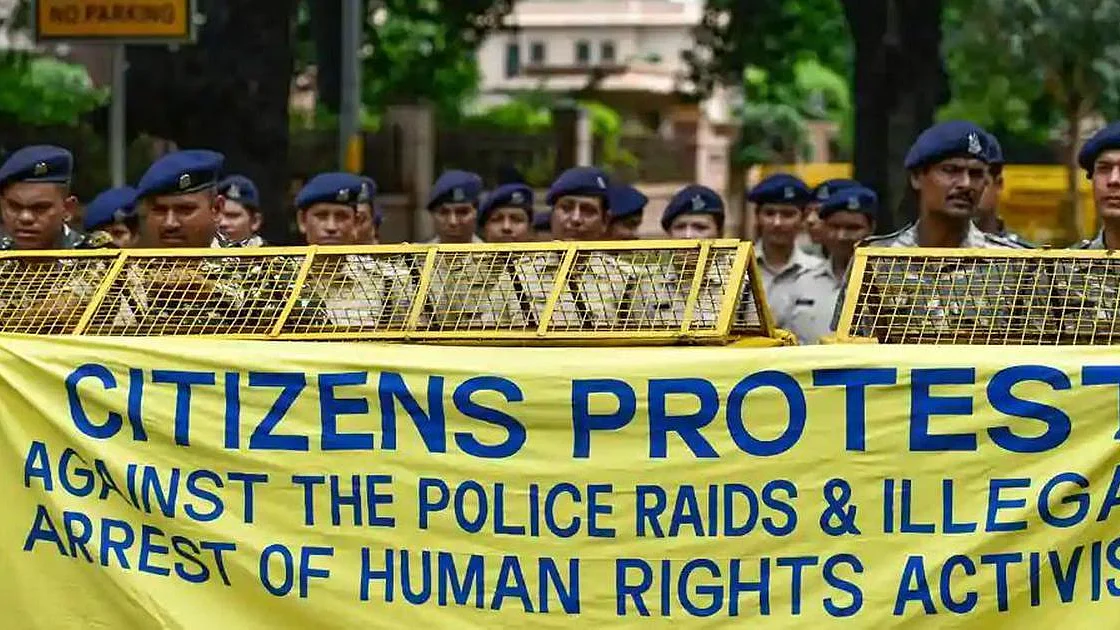Modi’s India slips in Democracy Index from 27th rank in 2014 to 41 now
Poor state of civil liberties during the last four years led to a slump in India’s ranking in the annual Democracy Index released by The Economist Intelligence Unit (EIU)

India slipped from the 27th rank in 2014 to 41st in the Democracy Index 2019 released by the Economist Intelligence Unit (EIU). The index ranks 167 countries on as many as 60 indicators including the country’s electoral process, pluralism, civil liberties, democratic culture and political participation. Each category gets a score ranging between 0 and 10, with the final score being the average.
Significantly, the index classifies countries into four categories, namely full democracies, flawed democracies, hybrid regimes and authoritarian regimes. India figured in the flawed democracy category in each of these years. But while India occupied the 3rd rank among flawed democracies in 2014, it has dropped sharply to the 21st position in the latest index.
The reports states that, “In India, the image of the prime minister, Narendra Modi, resonates with an aspiring middle class, and Mr Modi has also maintained the support of business. But Mr Modi is not unassailable; a lack of attention to the rural economy has fuelled anti-government protests by farmers. In his term, moreover, job growth has been poor, institutional reforms have been slow to come, and those that have been passed have been poorly implemented. So far, Mr Modi has managed to deflect criticism, but his party, the Bharatiya Janata Party (BJP)—the largest in the ruling National Democratic Alliance (NDA) coalition—will be contesting the 2019 elections on a weak footing at state level. Having also lost the support of many small regional parties, the coalition could fail to gain a clear majority in parliament.”
“In India, the ruling National Democratic Alliance (NDA) coalition has struggled to maintain its dominance in state elections. To some extent, this is in fact a reflection of the strength of the country’s democratic institutions, which has yielded upsets for the government, despite various coercive tactics used by the ruling Bharatiya Janata Party (BJP) to consolidate power.”
The countries at the top of the Democracy Index are Norway, Iceland, Sweden, New Zealand, and Denmark. They are each declared as “full democracies,” because their scores are all above 9.22, and were easily above the 8.2 threshold.
In contrast, with a score of 7.96, the United States, earned the “flawed democracy” label. The country’s highest score was 8.22, which it had earned back in 2006 and again in 2008.
India between 2014 and 2018
A dismal score on the state of civil liberties and decline in the performance of the Government and pluralism led to the slump in India’s rank.
- In the category of electoral process and pluralism, India scored 9.17 this year as compared to 9.58 in 2016 and 2014.
- In the functioning of the government, India scored 6.79 with a decline from 2016’s 7.50 score, which was an improvement from 2014’s 7.14 score.
- In political participation, India’s performance has been static from 2014 to 2016 with a score of 7.22.
- In the Political culture section, the performance of India in 2018 has been similar to that of 2016 with a score of 5.63, which was 6.25 in the year 2014.
- On civil liberties there has been a steep decline from the score 9.12 in 2016 to 7.35 in 2018, whereas it had scored 9.41 in 2014.
Follow us on: Facebook, Twitter, Google News, Instagram
Join our official telegram channel (@nationalherald) and stay updated with the latest headlines
